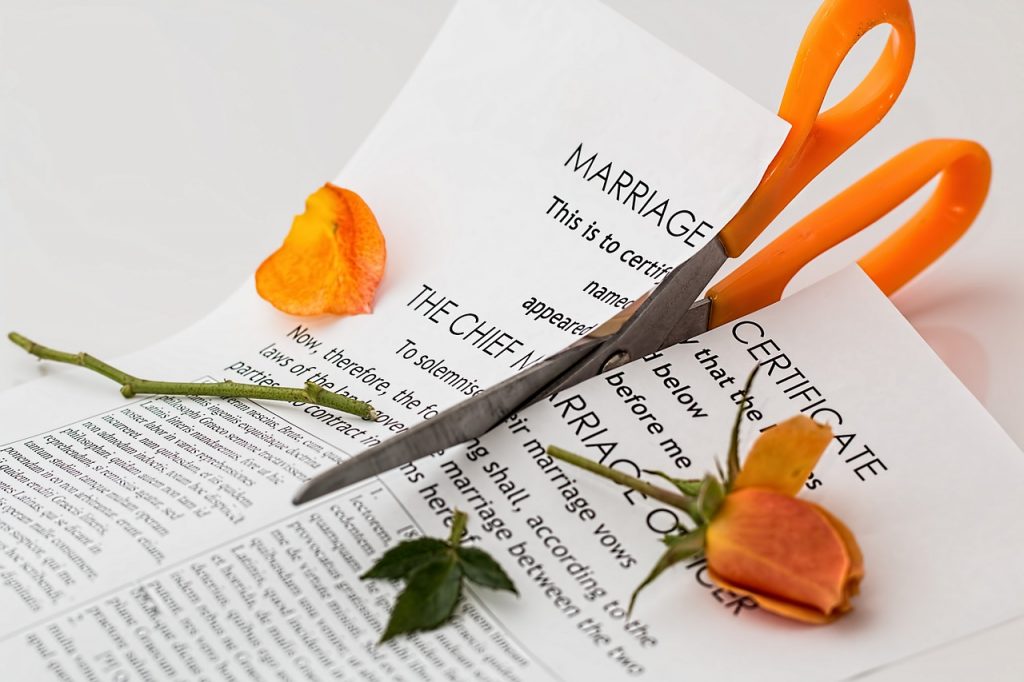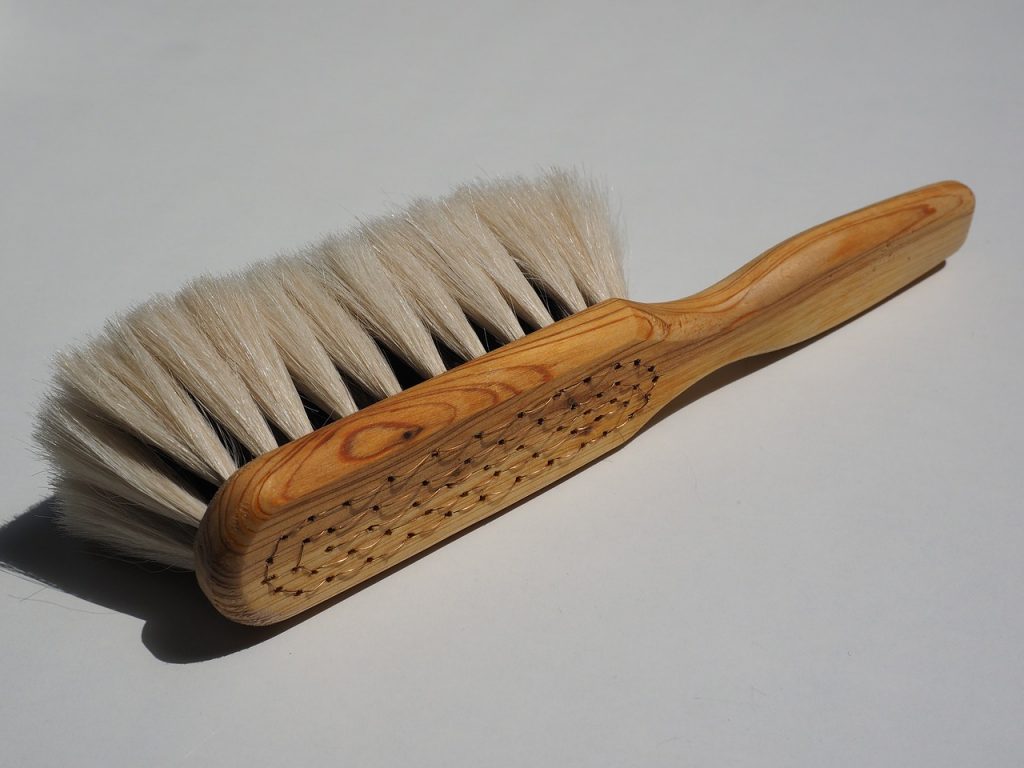German Words You Definitely Don’t Want To Mix Up! Posted by Constanze on Jul 18, 2018 in Culture, Language
Guten Tag! Making mistakes is a big part of language learning, and often mistakes involve muddling words up – either because they sound similar, because they are the same (but have different meanings), or because they are ‘false friends’ – words that seem like they should mean one thing, but they actually mean another. This can lead to some very funny sentences, which will definitely raise some eyebrows! In this fun post, I will take you through some German words you definitely do not want to mix up! Be sure to check out part one, too, to read some slightly less embarrassing, but still very funny, mix-ups.
Scheide vs. scheiden
The word die Scheide is the German word for vagina. The verb scheiden means to separate or divorce. If you want to say you’re separating, though, as much as it might make sense to say ‘Ich scheide’, don’t. In doing this you are saying ‘I, vagina’. Instead, say ‘Wir lassen uns scheiden’, which is the correct way to say ‘We are getting a divorce’. Try to think about using the word ‘Wir’ because it means ‘we’, and a divorce/separation involves two people… this will hopefully steer you away from saying ‘I vagina’.
geil vs. geil
While this is not so much a case of getting words mixed up, it’s worth mentioning the tricky little word geil, because geil means horny or hot (sexually), and it also means cool. So how are you supposed to know if you’re saying something is cool or something is hot/horny?! Try to think of it like: If you say you are geil, it means you’re horny. If you say another person is geil, it means you think they’re sexy/hot. If you say an object or a situation is geil, it means you think it’s cool. ‘Das Auto ist geil’ is a perfectly acceptable thing to say. People will also respond to things they like simply by saying ‘geil’. To be safe, though, unless you’re 100% sure, it’s best not to say this word around close relatives/managers/people you don’t know very well!
Brüste vs. Bürste
If you need a hairbrush and ask your German friend if you can borrow her Brüste, she will give you either a confused look or walk very quickly away from you. That’s because the word Brüste is the plural of die Brust – breast. The word die Bürste means hairbrush. Don’t ask to borrow your friend’s breasts. To avoid this mistake, practice your pronunciation, especially with Umlauts. If you’d like a post with audio clips on how to pronounce words with Umlauts, let me know!
schießen vs. scheißen
Can’t see the difference between these two words? Look a little closer. Schießen with ie means to shoot. Scheißen with ei means to shit. Be careful what you shout next time you’re at a football match.
Huren vs. Uhren
These are words that sound more similar than they look. Make sure you pronounce the ‘H’ in Huren, and elongate the ‘U’ sound in Uhren a little. Why? Because the word die Uhren is the plural of die Uhr – watch. The word die Huren is the plural of die Hure – whore.
Vorspiel vs. Vorspeise
Das Vorspiel is the German word for foreplay, while die Vorspeise is a starter at a restaurant. Be careful what you order! To avoid this mistake, try to remember that the word ‘Spiel’ from Vorspiel (foreplay) means ‘play’ or ‘game’.
Fotze vs. Fotze
We conclude this post with a spectacular example of how important it is to know regional differences between German words. Having spent a huge part of my childhood in Lower Bavaria, I grew up hearing and using the word die Fotze all the time. Die Fotze was a slap in the face. I used to be ‘threatened’ with a Fotze when I was misbehaving, as were all the kids. Imagine my horror when I found out – far too recently, actually – that die Fotze is also a very offensive German swear word!! Yep, the exact same word means ‘pussy’ or ‘c*nt’ in most of Germany, BUT it is a harmless word for a slap in Bavaria and Austria. Now, I just hope I never said the word Fotze to someone from a different part of Germany…
I hope you’ve enjoyed this post! Have you ever muddled up any German words? Please share in the comments – it happens to the best of us! Be sure to check out part 1 of this post, too.
Bis bald
Constanze

Build vocabulary, practice pronunciation, and more with Transparent Language Online. Available anytime, anywhere, on any device.






Comments:
Adam:
Yes, a post with audio clips on how to pronounce words with Umlauts would be great!
Constanze:
@Adam Thanks Adam, a lot of people have requested it so I’m working on it!
Alcazar:
“die Scheide” can also mean the cover put over weapons 🙂
Constanze:
@Alcazar Interesting – and yet more potential for confusion, haha! Thank you, Alcazar!
fred:
Hey Constanze, for some reason i can’t comment on your post about the literal idioms.
I wanted to clevershit (you’ll understand) though:
Birne – pear? I think perhaps the translation here is lightbulb?
Greetings, Fred with the same fate (half brit, half German) who doesn’t usually post comments on random blogs but it was too big a Verlockung (ah damn, blackout) to not post on an English/German language topic about idioms translated literally. My hobby #no1.
Get in touch if you’d like to see my collection
Servus!
Fred
Constanze:
@fred Hi Fred, sorry you couldn’t comment on the other post. You’re right that a Birne is a lightbulb, but it is also a pear. It even has a third, colloquial meaning: someone’s head! So there you go. Hope that helps. And it’s nice to meet a fellow half German/half English person! 🙂